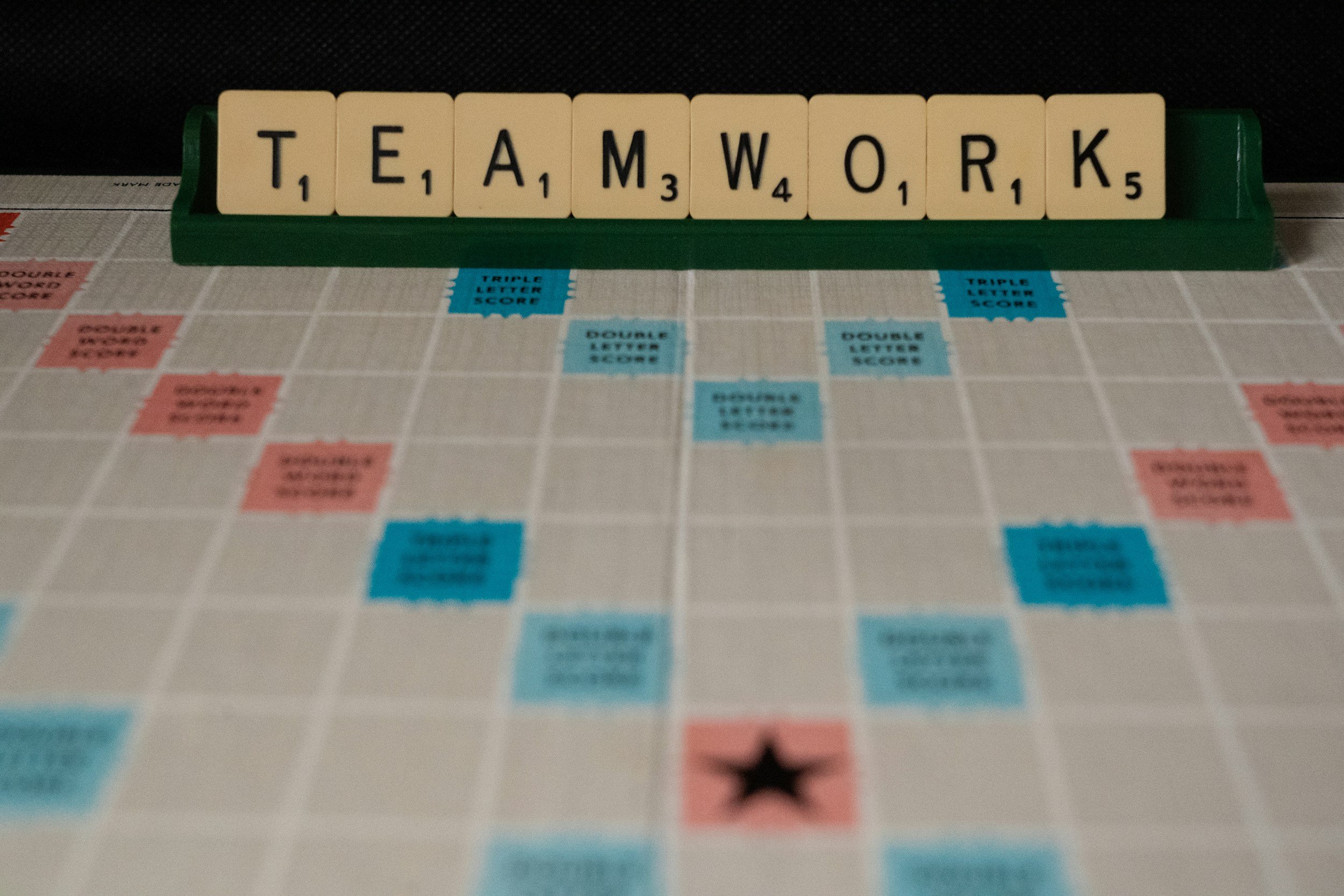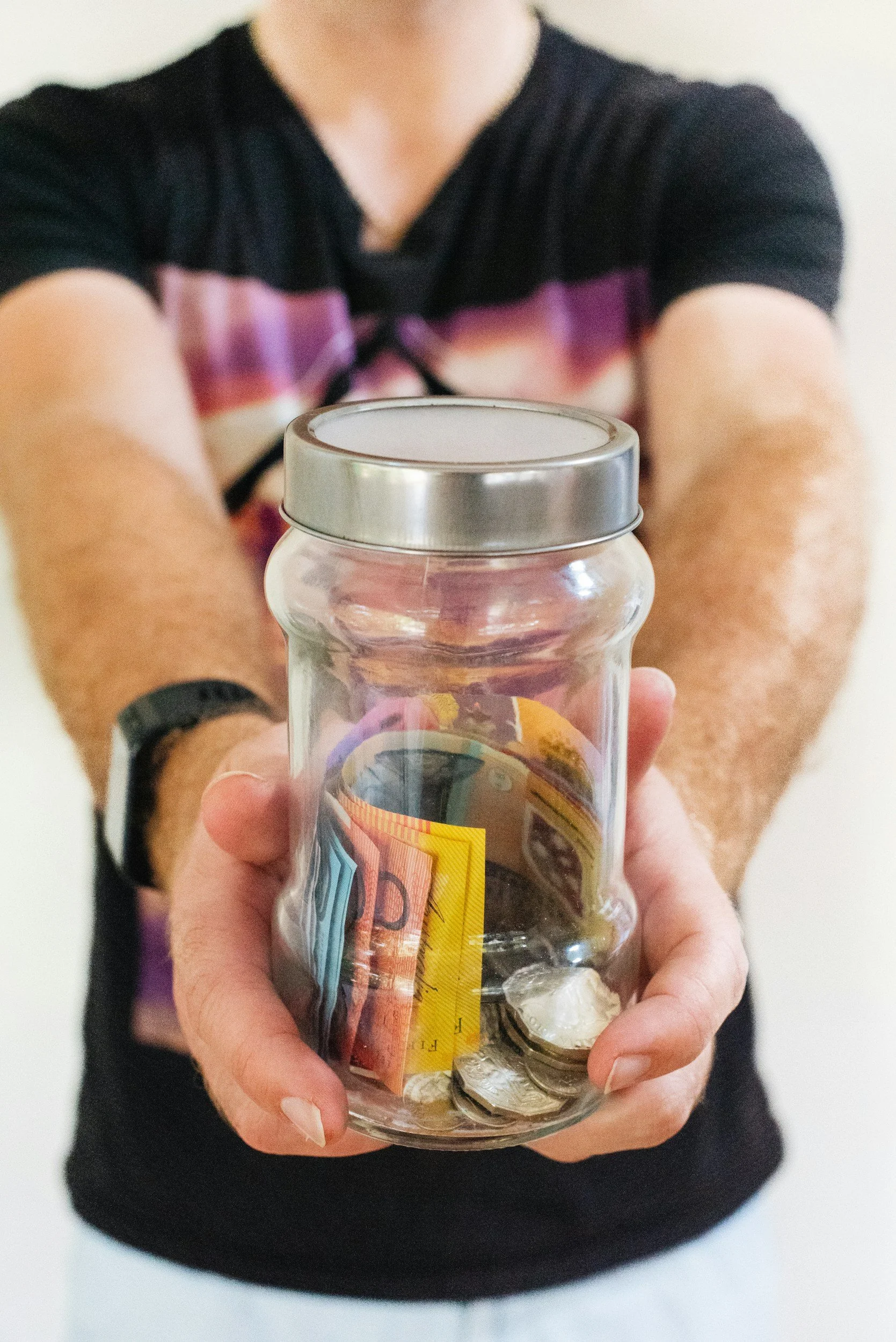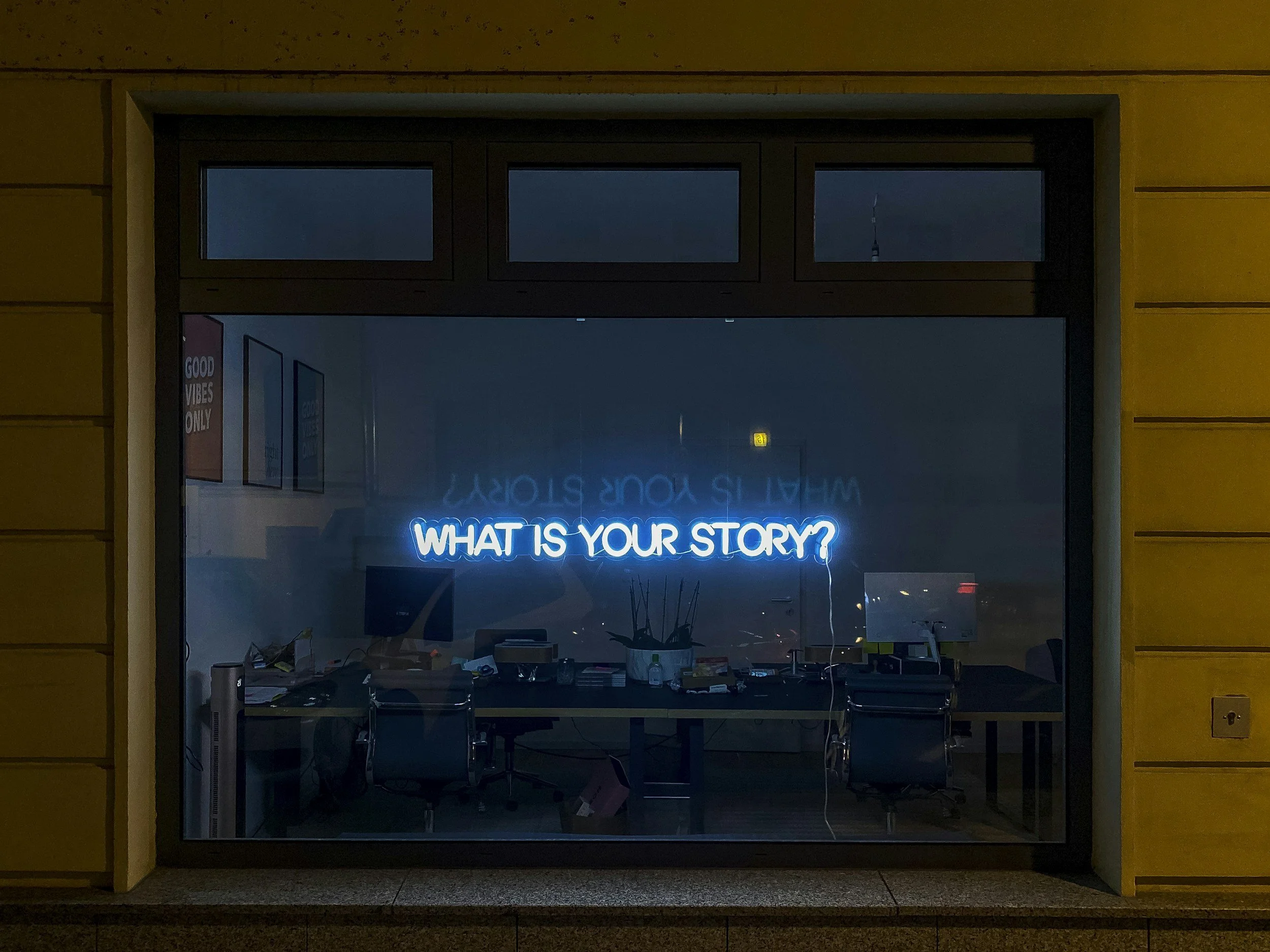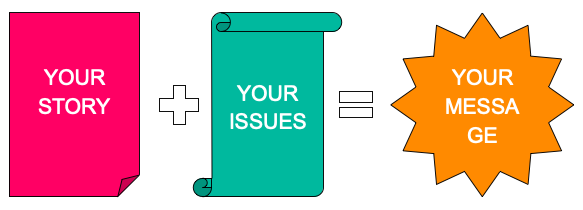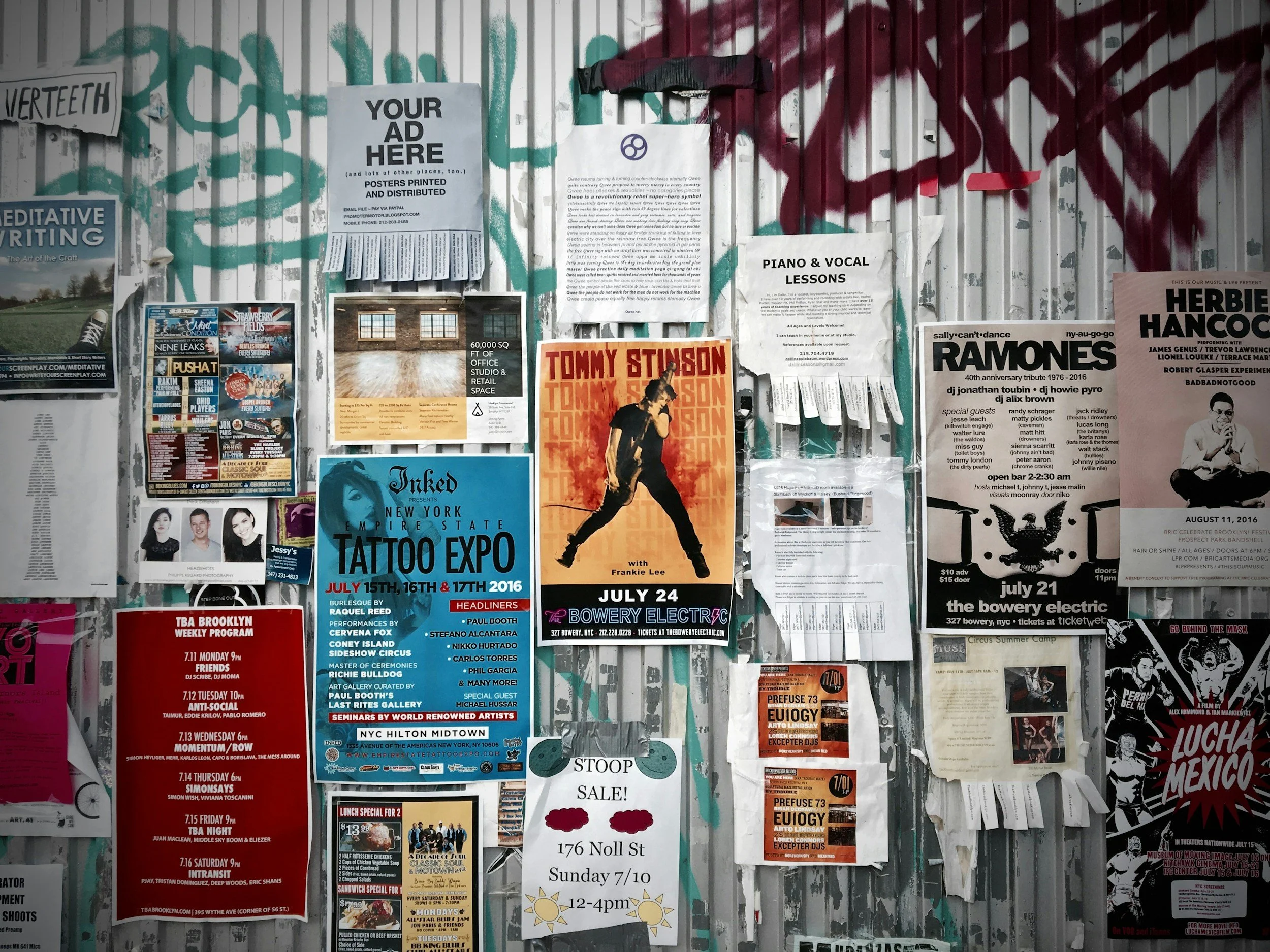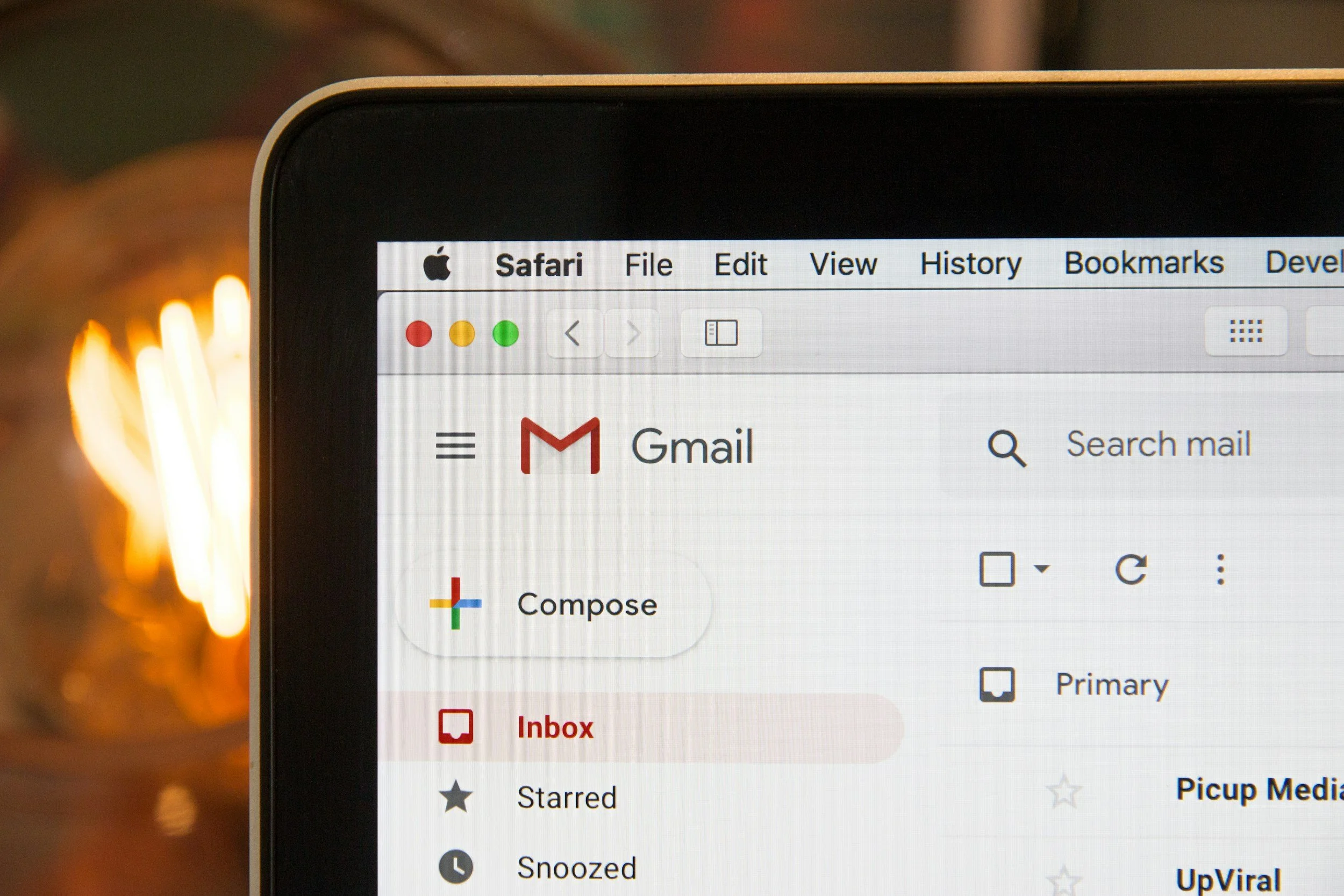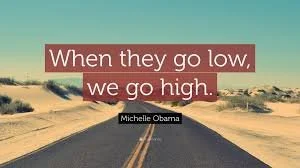
Campaign in a Box
Welcome to Campaign In a Box! We’ve created a one stop shop for training, resources and best practice about how to make the most out of your campaign.
Campaigning? Whatever your goal - changing perspectives, winning votes, community support -
we are here to help.
We've mapped out the programme for all you need to know to win!
-
![]()
Welcome!
We are glad to have you here.
We've put together a training and resource that takes you from start to finish in how to campaign and we can guide you along the way.
We'll walk you through some of the key modules here...
-
![]()
-
![]()
-
![]()
-
![]()
-
![]()
-
![]()
-
![]()
Module 1.6 - Finances Planning, Budgeting and Managing the Campaign
One of the biggest barriers to running high quality effective campaigns with lots of audience contact and communication is money.
Having a sustainable budgeted campaign plan to drive year round activity is crucial to winning, big or small.
-
![]()
-
![]()
-
![]()
Module 1.9 - Your Story
To motivate others to become involved or to convince people to support your goal, you need to have a story - that concept in politics will be a “personal story”, in policy it is the story of what and why the change is needed and in business it is what this will do on an emotional level to create the difference.
-
![]()
-
![]()
-
![]()
Module 1.12 - Difficult Topics
Campaigns can often be emotive and touch on personal topics for many people. Not everyone will agree nor will you be able to persuade them.
However, campaigning does have an impact. As long as you are engaging with audiences and campaigning smartly, you’ll have success.
-
![]()
Module 1.13 - Going Negative
All compelling stories need a hero.
However, no good campaign can be without the comparison of you and your main opponent. Stopping certain things is a key motivation.
Fun fact: Barack Obama spent more money than any candidate in history on negative campaigning in 2008. You probably wouldn’t think so but every candidate - no matter how hopefully or inspiring - has to talk honestly about their opponent.
-
![]()
-
![]()
Module 2.1 - You've built your team, time to start campaigning
Campaigns are not rocket science.
Data shows that if you talk to enough of the audiences that matter about the issues that matter to them, you can win.
Stand for Something use a target matrix, which will help you to stay on track to get your message out there and contact as many of those that matter as possible.
-
![]()
Module 2.2 - In Person Contact
In person contact is the most valuable way to engage with an audience. It is personal, memorable and visible and it does what is says on the tin, speaks directly to the audience that matters. It is, however, very time and labour intensive, so it’s important to do it the right way.
-
![]()
Module 2.3 - Events
Events provide targeted time where you aim to get lots of people to the same place at the same time to get in front of many of the people that matter.
For politics it could be an action days, for not for profits it might be a research reveal or for business a breakfast event with a guest speaker.
-
![]()
-
![]()
Module 2.5 - Data Entry
There’s no point speaking to audiences that matter and recording your conversation if you’re not going to do anything with it.
Running an effective and organised campaign is in part about learning about your audiences and targeting your messages to them.
Data entry allows you to level up.
-
![]()
Module 2.6 - Leaflets
Though the goal of any campaign is to talk to every audience member that matters, often that is just not possible.
Leaflets delivered by volunteers or paid deliverers are some of most efficient ways to get messages to the most amount of people.
But it is critical to follow some basic rules about what those leaflets look like and what they contain.
-
![]()
-
![]()
Module 2.8 - Earned Media
Aka getting newspapers, radio, online media to write about you and your campaign!
Engaging with media - in print, online and over the waves - is an important aspect of campaigning. Get to know your local journalists. Many of the staff do not have an agenda and are keen for stories to fill their pages.
-
![]()
Module 2.9 - Letter To The Editor
The letters page is often the best-read part of a newspaper, so do not forget to make use of this publicity opportunity and encourage your supporters to write in.
Often newspapers have online comments on their websites, which is another avenue that should not be neglected especially as journalists often read the comments on their own stories.
-
![]()
Modul 2.10 - Email Campaigns
Think of email campaigns as the digital version of leaflets and street letters.
Repeating your message is one of the golden rules of campaigning (sorry not sorry that you’re bored of us saying this).
So, it is important to keep the same content as your leaflets and street letters. All you will need to do is adapt the format for an email.
-
![]()
Module 2.11 - Social Media (Organic)
It is important that with your online presence, as well as offline presence, you keep on message. Facebook, Instagram, Twitter, Tik Tok, LinkedIn etc are all key components of an integrated campaign.
If you are time short you must be on Facebook - with 2.11 billion people daily active users (see their 2024 latest investor report!) it is the largest - and then choose one other.
-
![]()
Module 2.12 - Social Media (Paid)
If you’re on Facebook, you’ll be familiar with all the advertisements that appear in your news feed!
After all, Facebook (and all other social media) is really just an advertising business. In the realm of all campaigns - particularly politics - it offers huge potential because it is low-cost, high-value.
-
![]()
Module 2.13 - Other Community Events
Community events provide a way to engage with audiences in both understanding their opinions and the issues they care about and also introduce yourself to them.
These events and meetings will differ in every geographical and interest community, so it’s important you know your patch inside out.
-
![]()
Module 2.14 - Targeting Your Message
Community Interest/ Focus Groups
The most effective campaigning starts with identifying the people that you want to reach. You can start by doing a 'community audit’.
Sit down with a group of people who know the area well. Once you’ve identified the groups in your area then you could do some proactive research.
Take time to find out about their community, interest, issues that concern them and identifying existing leaders and groups.
-
![]()
Module 2.15 - Don't Let Opposition Get To You
Campaigns can be gruelling - mentally, physically and emotionally. Unfortunately, it is common to encounter unpleasant words and deeds. This can come from a variety of sources. There is not much you can do to stop it. What you can control is how you respond.
Responding to vitriol - especially online - can feel emotionally rewarding in the moment but rarely is the best way to handle a situation. Ignore personal attacks and respond to issues of policy conflict. A reasoned, response that is consistent with your messaging will be the course of action.





